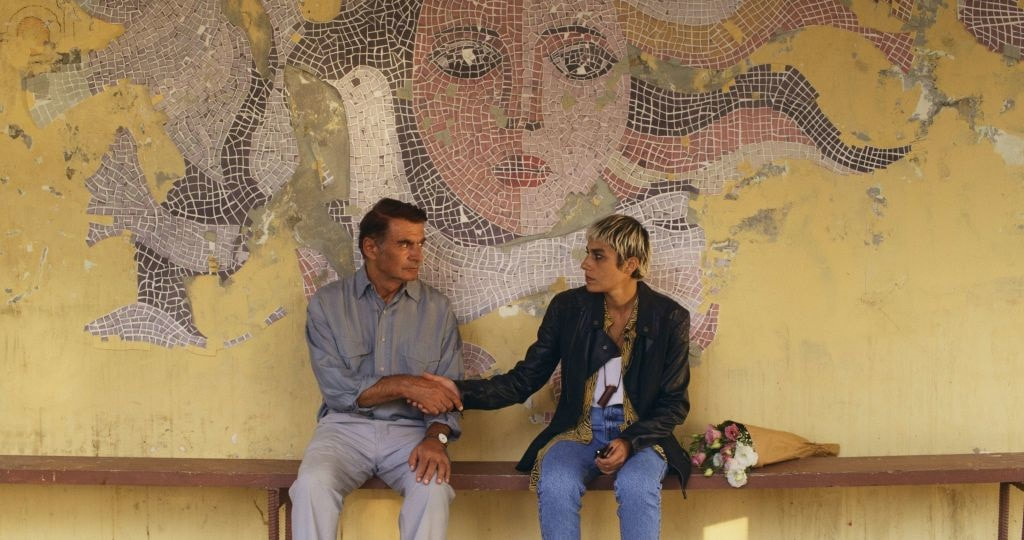|
Contemporary Georgian cinema is having a moment and Wet Sand is the latest reaffirmation of this. More accessible than much of the contemporary Georgian films I've seen, Wet Sand deploys a classical narrative structure far more attuned to Western sensibilities and expectations. It's a film with impressive formal precision and sweltering understated emotions that unfurls to reveal a pointed critique of the insular ethos of rural communities in which they reject anything that threatens their social orthodoxy. Whether sexual orientation or gender imbalance, Wet Sand navigates this terrain in a way that is never contrived but explicitly stated, detailing the draconian social suppression embedded into day-to-day life. The characterizations are wonderfully rendered, things ultimately aren't presented as black-and-white, and the performances and nuances of each of these characters' internal struggle is an aspect of this film that really stood out, as multiple characters carry real weight, each struggling in their own way. A deeply affecting story very much attuned to the small infractions and expectations that smolder individual free will in a small community, Wet Sand ultimately posits the actions of these characters as an act of rebellion, as they attach their decisions to their hearts while removing themselves from the social strictures of their social environment. Social repression is finite but love and affection are eternal, and in Wet Sand's denouement it exhibits how such rebellious empathetic acts ultimately influence and can slowly inflict change.
0 Comments
Leave a Reply. |
AuthorLove of all things cinema brought me here. Archives
June 2023
|

 RSS Feed
RSS Feed
